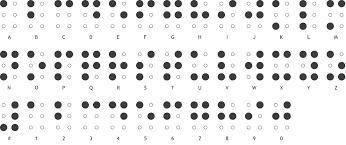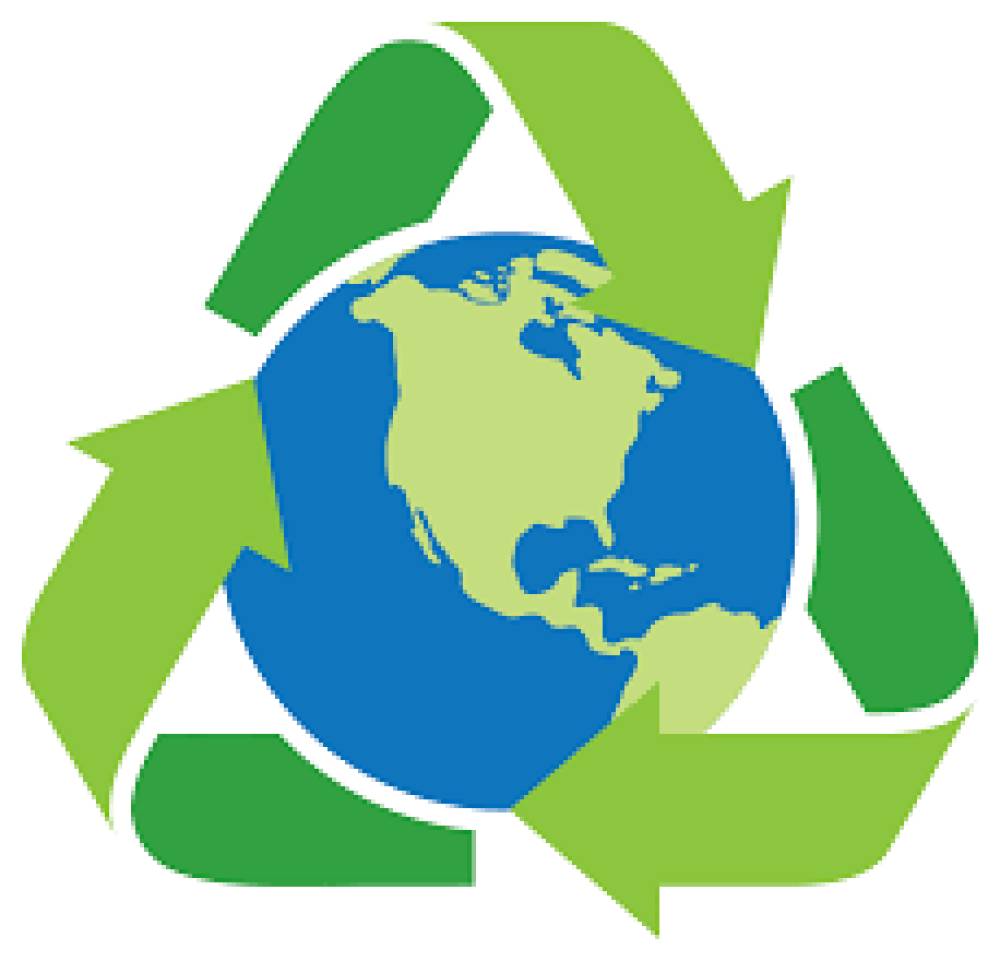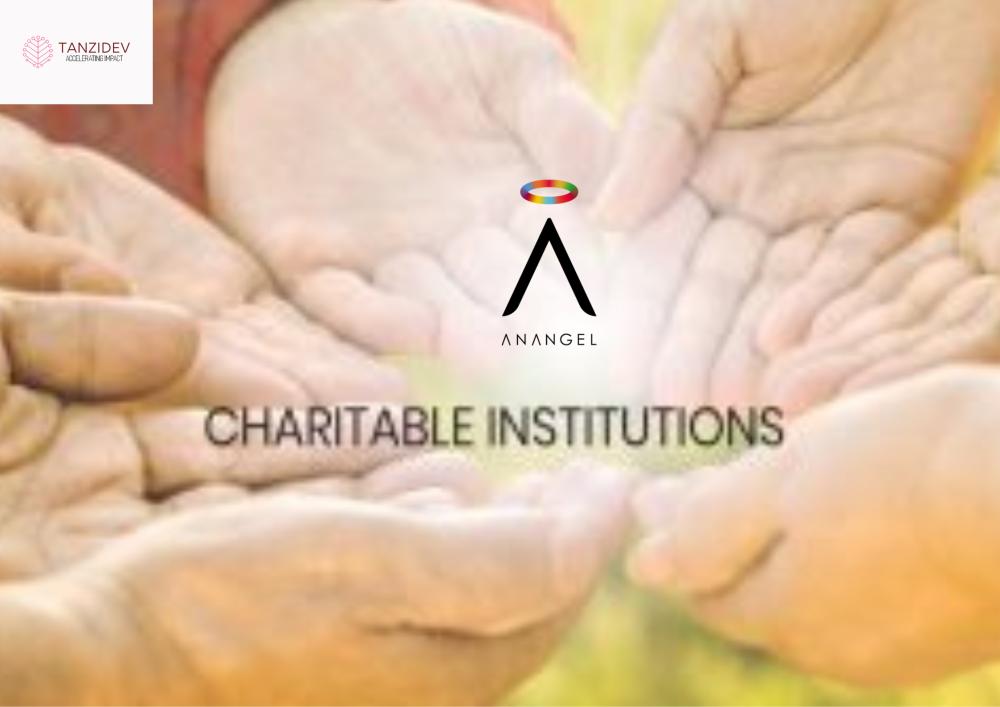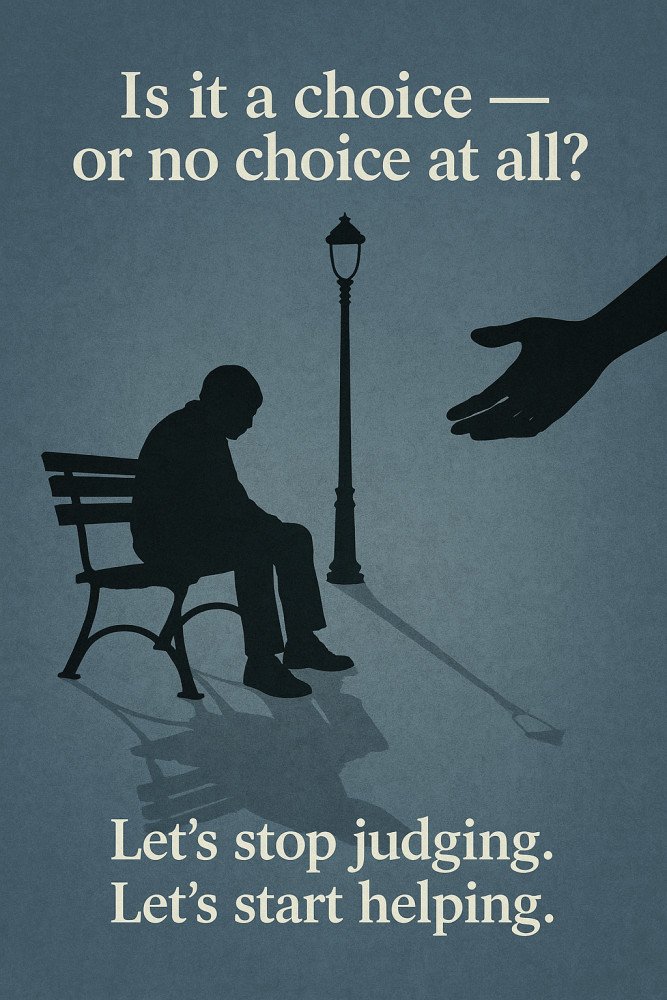

Embracing Recycling for a Sustainable Mauritius
Recycling plays a pivotal role in building a sustainable future by reducing waste, conserving resources, and mitigating environmental impacts. In the context of Mauritius, an island nation with a fragile ecosystem, recycling takes on even greater significance. In this blog, we will delve into the importance of recycling in Mauritius, highlighting local initiatives, achievements, and the path towards a more sustainable future.
Waste Management Challenges in Mauritius:
Mauritius faces various waste management challenges due to its growing population, rapid urbanization, and limited land resources. The improper disposal of waste poses risks to the environment, including soil and water contamination, greenhouse gas emissions, and the loss of valuable resources.
Government-led Recycling Initiatives:
a. National Waste Management Strategy: The Government of Mauritius has developed a comprehensive National Waste Management Strategy that focuses on waste reduction, recycling, and sustainable practices. The strategy aims to increase recycling rates and improve waste management infrastructure across the island.
b. Recyclable Materials Collection: The government, in collaboration with local authorities, has established recycling programs for different types of materials, such as paper, plastic, glass, and metal. Collection points and recycling bins are available in various communities, promoting the separation and proper disposal of recyclable waste.
Recycling Success Stories in Mauritius:
a. Plastik Alternativ: Plastik Alternativ is a local organization that promotes plastic waste recycling. They collect plastic waste from households, businesses, and schools and transform it into eco-bricks and other useful products. Through their efforts, they have successfully diverted a significant amount of plastic waste from landfills.
b. Recycle Mauritius: Recycle Mauritius is an NGO dedicated to promoting recycling and environmental awareness. They organize recycling campaigns, conduct educational workshops, and collaborate with schools and businesses to encourage sustainable practices. Their initiatives have contributed to increased recycling rates and improved waste management practices.
Benefits of Recycling in Mauritius:
a. Resource Conservation: Recycling conserves valuable resources such as water, energy, and raw materials. In Mauritius, recycling reduces the need for virgin materials, helping to preserve natural resources.
b. Waste Reduction: Recycling minimizes the volume of waste sent to landfills, alleviating pressure on limited landfill space and reducing associated environmental hazards.
c. Job Creation and Economic Opportunities: The recycling industry has the potential to create employment opportunities and stimulate economic growth. Recycling initiatives in Mauritius contribute to job creation and the development of a green economy.
Individual and Community Role in Recycling:
a. Household Recycling: Individuals can actively participate in recycling by segregating recyclable waste at home and depositing it at designated collection points. Educating communities about the benefits of recycling and providing convenient recycling facilities can enhance participation.
b. Sustainable Practices: Beyond recycling, adopting sustainable practices such as reducing waste generation, reusing items, and supporting eco-friendly products can further contribute to a circular economy.
Embracing recycling is vital for a sustainable future in Mauritius. Government-led initiatives, supported by NGOs and community engagement, have made significant progress in waste management and recycling. By continuing to raise awareness, expanding infrastructure, and encouraging active participation, Mauritius can build a culture of recycling and pave the way toward a cleaner and greener environment. Together, we can create a more sustainable Mauritius for present and future generations.


